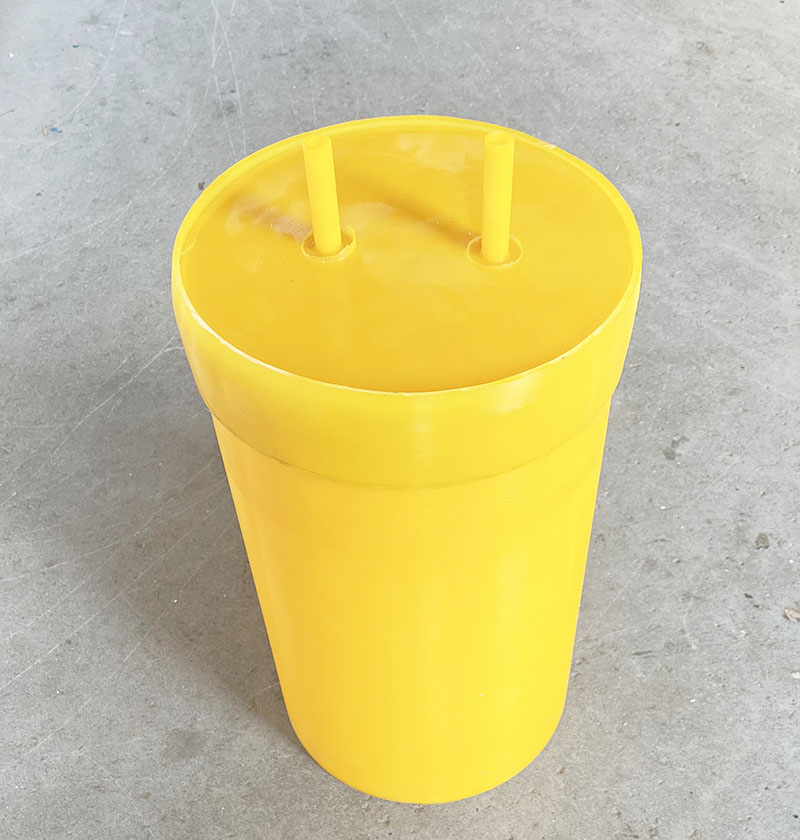
CIP Molds for Isostatic Graphite
Categories: Cold isostatic pressing mold
Application: CIP Molds for Isostatic Graphite
InquiryMain description:
CIP Molds for Isostatic Graphite


CIP Molds for Isostatic Graphite
CIP Molds for Isostatic Graphite
Isostatic graphite is a new type of carbon material. It was developed in the 1940s. The United States was the first country in the world to develop and produce isostatic graphite. The product was launched in the late 1950s. Isostatic graphite has a series of excellent properties. It has excellent heat resistance. In an inert atmosphere, its mechanical strength increases with the increase of temperature and reaches the highest value at around 2500 ° C. Compared with ordinary graphite, isostatic graphite has a denser structure and better uniformity. Low coefficient of thermal expansion, excellent thermal shock resistance, outstanding thermal and electrical conductivity, chemical resistance and isotropy, and easy processing. Because of this series of excellent properties, isostatic graphite has been widely used in the fields of chemistry, semiconductor, electrical, metallurgy, machinery, nuclear energy and aerospace.
In order to produce isostatic graphite, the usual methods are: it is necessary to use structurally isotropic carbon materials and crush them into the required particle size; in order to achieve isotropy of the product, the forming process usually adopts cold isostatic pressing Process; in order to ensure the temperature balance of the billet during the roasting process, the heating rate must be slowed down; in order to obtain the required bulk density, it needs to go through several dipping and roasting. Therefore, the production cycle of isostatic graphite is longer than that of ordinary graphite.
Isostatic pressing is a key process to ensure the isotropy of isostatic graphite. The basic principle of isostatic pressure is Pascal's law, which states that in a closed container filled with liquid, the pressure applied at any point in the fluid must be transmitted by the same value to any part of the container. During isostatic pressing, pressure is transferred through a liquid medium such as water to the rubber mold, and the pressure is equal in each direction. In this way, the powder is not oriented in the mold in the filling direction, but compacted in an irregular arrangement. Thus, while graphite is anisotropic in its crystallographic properties, isostatic graphite is isotropic as a whole.

Jiangsu High Industry on the research and development and production of high-performance polyurethane isostatic pressing molds. Through in-depth cooperation with many isostatic pressing equipment manufacturers and in-depth study of the industry, the developed isostatic pressing polyurethane mold series products have the characteristics of long service life, high precision, small deformation, easy demoulding, etc., and are widely used in ceramics, etc. Static pressing mould, cemented carbide isostatic pressing mould, rare earth permanent magnet material isostatic pressing mould, graphite isostatic pressing mould, etc.



We support all kinds of customization, if you need it, please contact us.
Phone/whatsapp:+86 18234744811
Email:sales@highindustryco.com